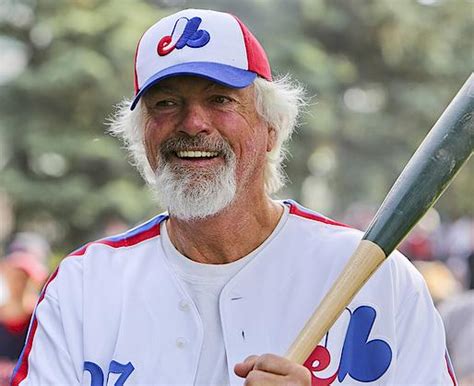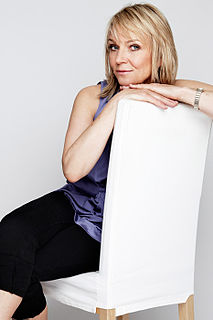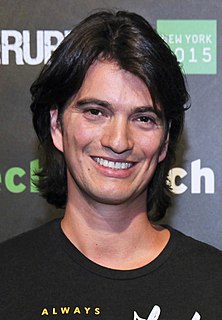A Quote by Kate Atkinson
It was failing part of my Ph.D. that led me into novel-writing. By then I was 29, had remarried and had a second baby. It struck me that I'd lost my path in life and I felt frustrated. That's when I started to write.
Related Quotes
In the case of my second film The Fish Child (El Niño Pez), I had written the novel about 5 years before I made into a film. In the case of The German Doctor I had published the novel a year before I started writing the script, I even had another project to shoot. But I had this idea of the powerful cinematic language from the novel that I couldn't let go of.
I was always matching wits with authority. Pondering over my past and present hassles, I began to wonder why my life had taken the direction it had. What cosmic forces had led me to this precise moment that saw me, once again, dancing on the rim of the volcano? The answers started to come to me as my life flashed before my eyes. I think it all started when I was arrested as a pyromaniac.
If you are receptive and humble, mathematics will lead you by the hand. Again and again, when I have been at a loss how to proceed, I have just had to wait until I have felt the mathematics led me by the hand. It has led me along an unexpected path, a path where new vistas open up, a path leading to new territory, where one can set up a base of operations, from which one can survey the surroundings and plan future progress.
And I felt more like me than I ever had, as if the years I'd lived so far had formed layers of skin and muscle over myself that others saw as me when the real one had been underneath all along, and I knew writing- even writing badly- had peeled away those layers, and I knew then that if I wanted to stay awake and alive, if I wanted to stay me, I would have to keep writing.
I tried once in my life to write a novel. I had written something like 80 pages of it when my laptop got stolen. When I told people this, they acted as if something tragic had happened, but I kind of felt relieved, grateful to the thief who saved me from another year of something that felt more like homework than fun.
By 2013, at the age of 29, I was failing. I had left two good jobs in succession to complete a novel I'd been tooling around with since 2009, had enrolled in a graduate programme in Texas, as far away from home as possible, to finish it - and yet: what did I have to show for it after five years of work?
I had lines inside me, a string of guiding lights. I had language. Fiction and poetry are doses, medicines. What they heal is the rupture reality makes on the imagination. I had been damaged, and a very important part of me had been destroyed - that was my reality, the facts of my life. But on the other side of the facts was who I could be, how I could feel. And as long as I had words for that, images for that, stories for that, then I wasn't lost.
I just started trying to figure out how to write [something] which was unlike anything anybody had ever seen, and once I felt like I had figured that out I tried to figure out what kind of book I could write that would be unlike anything anybody had ever seen. When I started writing A Million Little Pieces I felt like it was the right story with the style I had been looking for, and I just kept going.
My sophomore English teacher encouraged me to write for the school paper, and that's what got me started. Suddenly it struck me that being a writer could be a romantic and adventurous position. Previously, I had thought I would be a tennis pro, giving lessons at a local club. I thought that would be a good life, and it might have been.
After the novel was published, I came to feel that I couldn't call myself Orthodox anymore. It's so patriarchal, anti-women, anti-gay. There was something about writing 'Disobedience'... it felt like I had put it all in the book. I had done my best by it, recorded what it meant for me. I felt I was done.



































